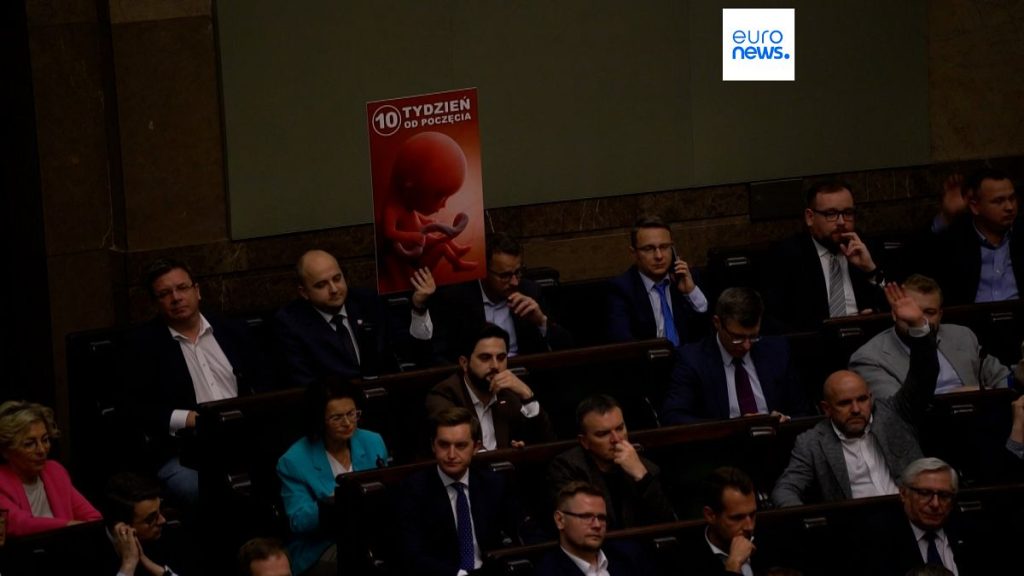Poland’s Parliament recently voted on four bills regarding changes to the country’s strict abortion laws, sparking both excitement and controversy as the predominantly Catholic nation grapples with the issue. Among the proposals was one to legalise abortion up to the 12th week of pregnancy, a significant shift from the country’s current near-total ban. The vote was described as a symbolic and breakthrough moment by Ewa Schaedler of the Third Way party, who noted the historic nature of the decision after decades of failed attempts to change the laws.
The issue of abortion in Poland has long been contentious, with the country having some of the most restrictive laws in Europe. A 2020 court ruling further limited access to abortion by disallowing termination in cases of foetal defects, only allowing it in cases of rape, incest, or when the mother’s life is at risk. Despite the strict laws, there is a strong demand for abortion services in the country, with organizations like the Polish Abortion Dream Team providing support to women seeking the procedure. This includes helping women obtain abortion pills from reliable sources like Women Help Women, as well as offering financial assistance for those who need to travel abroad for the procedure.
While polls show that there is growing support among Poles for changing the abortion laws, any proposed changes must still be signed into law by President Andrzej Duda, who is aligned with the former populist government. Some members of Parliament, like Krzysztof Szczucki of the Law and Justice party, have expressed concerns about the constitutionality of the proposed bills and voted against them. Abortion rights activists, like Antonina Lewandowska of the Foundation for Women and Family Planning, are cautiously optimistic about the vote, recognizing it as a first step in a longer battle for liberalization of the laws.
The vote in Poland to debate liberalization of abortion laws comes at a time when the EU Parliament is also advocating for abortion rights to be included in the Charter of Fundamental Rights. This broader push for reproductive rights reflects a global movement towards greater access to safe and legal abortion services. The outcome of the vote in Poland and subsequent debates on the issue will have significant implications for women’s reproductive rights in the country, as well as potentially shaping broader discussions on the topic within the European Union and beyond. Despite the challenges and divisions surrounding the issue, the recent vote represents a significant step towards potential changes in Poland’s abortion laws and a possible shift towards greater reproductive rights for women in the country.


